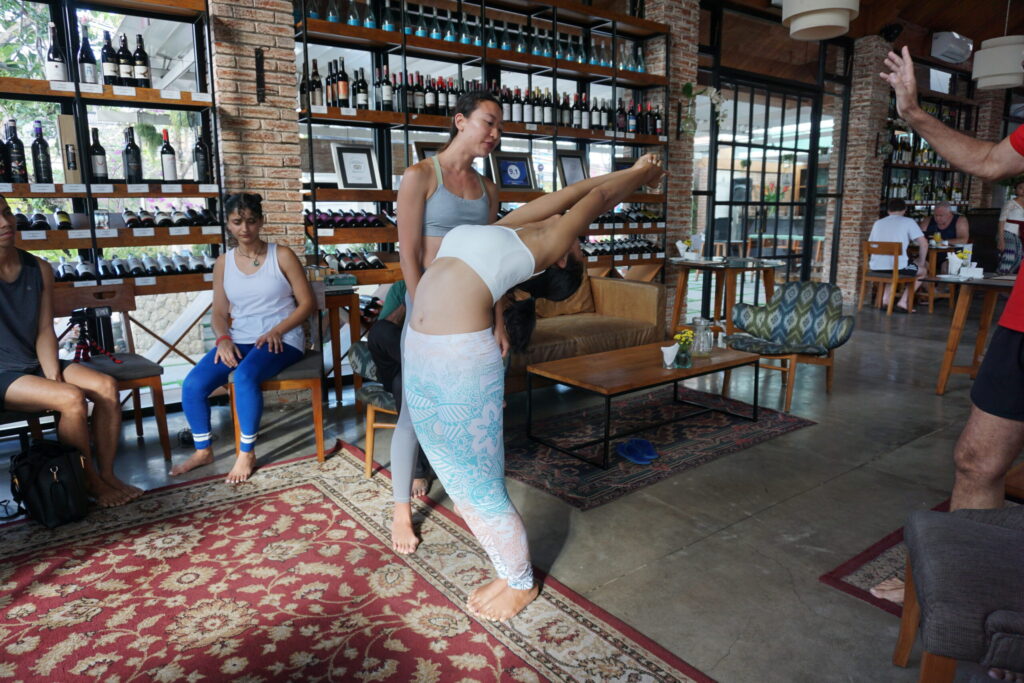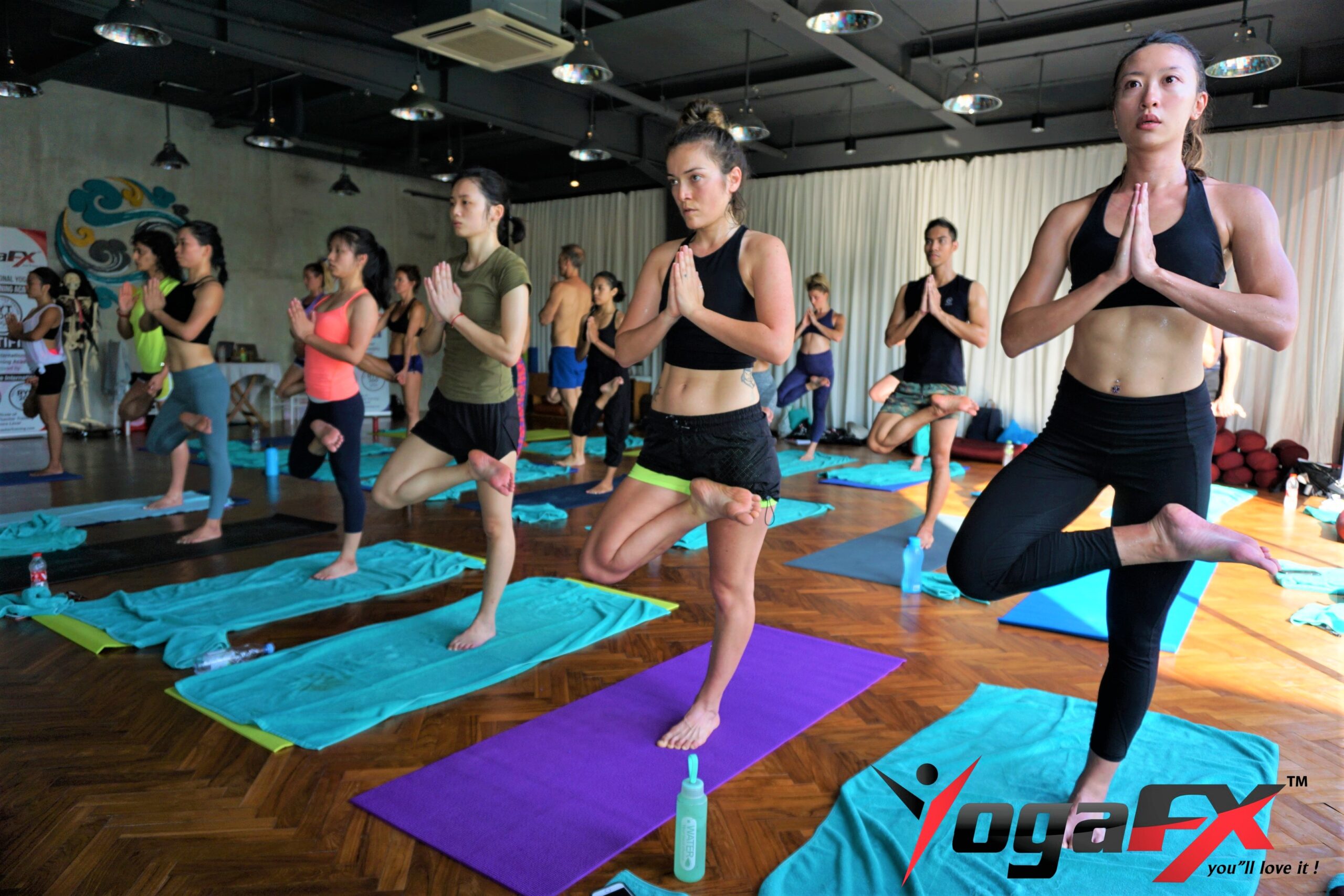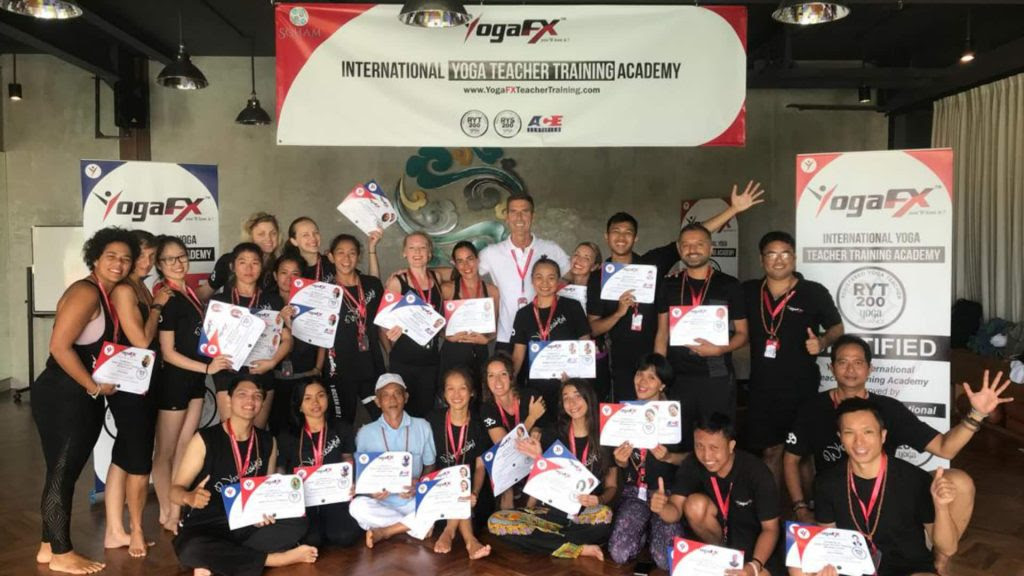Yoga is more than just exercise. It’s a practice that strengthens both the body and the mind. As many people practice yoga, they feel inspired to take the next step: becoming a yoga teacher.
However, questions often arise:
How long does it take?
Can you make a living from teaching yoga?
Is there an age limit?
In this guide, I will answer these questions and walk you through the steps to becoming a successful yoga teacher.
The Path to Becoming a Yoga Teacher
Becoming a yoga teacher is a rewarding journey.
It’s not just about learning and teaching poses. Yoga teachers guide students through physical postures and breathing exercises.
Moreover, they help students find mental strength and emotional balance.
If you’re thinking about becoming a teacher, you probably have many questions.
How long will it take? Can I make money teaching yoga? Am I too old to start?
These are normal concerns, but with dedication and the right guidance, anyone can embark on this journey.
How Long It Takes to Become a Yoga Teacher
One of the first questions that comes up is, “How long does it take to become a yoga teacher?” Typically, the most common training for beginners is the 200-hour Yoga Teacher Training (YTT). This is the basic certification that most yoga studios require for their teachers.
A 200-hour YTT can be completed in two to six months, depending on the program. Some courses are full-time and can be finished in just one month. On the other hand, some are part-time and spread over several weekends, taking a few months.
After completing the 200-hour training, you might choose to pursue a 500-hour YTT. This advanced training will take longer—usually between six months and a year. Nevertheless, many yoga teachers start teaching after the 200-hour training and continue learning through workshops as they teach.
Steps to Becoming a Yoga Teacher
If you’re ready to start your journey, here are the steps you can follow:
- Choose Your Yoga Style: Yoga has many styles, such as Hatha, Vinyasa, and Bikram. You should choose the style that resonates with you. Focusing on one style at the start will help you master it. Later, you can explore other styles if you wish.
- Find a Yoga Teacher Training (YTT) Program: Look for a YTT that is accredited by Yoga Alliance, a global organization that sets standards for teacher training. Additionally, consider the location, schedule, and style of teaching when choosing your program.
- Complete Your Training: During YTT, you’ll learn about yoga philosophy, anatomy, alignment, and teaching techniques. It requires dedication both physically and mentally, but the rewards are worth it.
- Register with Yoga Alliance: Once you’ve completed your YTT, you can register with Yoga Alliance to become a Registered Yoga Teacher (RYT). This certification will allow you to teach yoga almost anywhere in the world.
- Start Teaching: After certification, start teaching small groups or friends. This will help you build your confidence and gain experience.
- Continue Learning: Yoga is a lifelong learning process. You’ll always find new techniques, ideas, and ways to deepen your practice. So, attend workshops, learn from other teachers, and stay committed to your growth.
The Practice Requirements Before Teaching
Some people believe they need years of practice before they can become a teacher. However, this is a common misconception. What matters more than the length of time you’ve practiced is your consistency and dedication.
You don’t need to be a yoga expert to start training. In fact, many people begin their teacher training after just six months to a year of practice.
The most important thing is that you have a regular practice schedule and a deep commitment to learning and growing.
Therefore, if you’re consistent and passionate, you’ll be ready for teacher training much sooner than you might think.
What It Takes to Be a Great Yoga Teacher
Becoming a great yoga teacher is not just about knowing the poses. It’s about understanding yoga on a deeper level and being able to guide your students with empathy. Here are some of the key qualities every successful yoga teacher should have:
- Empathy: As a yoga teacher, you need to understand your students’ needs. Not everyone is on the same journey. Therefore, your role is to guide them at their own pace, not to push them beyond their limits.
- Knowledge: A strong understanding of anatomy, alignment, and yoga philosophy is essential. You’ll help students avoid injuries and teach them the deeper meaning of yoga.
- Adaptability: Every class and student is different. Some days, your students may need a slow, gentle class, while other days, they might be ready for a challenge. You must be adaptable to their needs.
- Continuous Learning: Even after becoming a teacher, always seek to learn more. Attend other teachers’ classes, take workshops, and expand your knowledge. Yoga is a vast field, and there’s always something new to discover.
The Financial Side of Yoga Teaching
Many people ask, “Can I make a living as a yoga teacher?” The answer is yes, but it depends on several factors. Here are some ways you can increase your income potential as a yoga teacher:
- Teach in Multiple Studios: Teaching at more than one studio helps you reach more students and increases your income.
- Offer Private Classes: Private lessons often pay more than group classes. Additionally, they allow you to offer personalized attention and create long-term relationships with clients.
- Run Workshops or Retreats: Workshops and retreats allow you to dive deeper into specific topics. These can be profitable and rewarding at the same time.
- Teach Online: In today’s digital world, teaching yoga online opens up opportunities to reach a global audience. Platforms like Zoom and YouTube are great ways to create an online yoga business.
While it might take time to build a steady income, with hard work and commitment, yoga teaching can be both fulfilling and financially sustainable.
The Myth of Becoming a Yoga Teacher
There are many myths surrounding the idea of becoming a yoga teacher. One of the most common myths is that you need to be young, extremely flexible, or have practiced yoga for years to be a successful teacher.
- Age is Not a Barrier: Many people believe they’re too old to become a yoga teacher, especially if they’re in their 30s, 40s, or older. This is simply not true. Yoga is for everyone, regardless of age. In fact, older teachers often have more life experience and wisdom, which they can bring to their teaching.
- Flexibility is Not Required: You don’t need to be super flexible to teach yoga. What’s important is understanding alignment and helping students move safely. Flexibility improves with practice, but it’s not a requirement for teaching.
- You Don’t Need Years of Practice: Some people believe they need to practice yoga for many years before becoming a teacher. However, this isn’t true. What matters most is your commitment to the practice and your desire to share it with others. Many people start teaching after just a year of practice.
Tips for Building a Successful Yoga Teaching Career
Once you’re certified, the next step is to build a successful career as a yoga teacher. Here are some tips to help you along the way:
- Build a Community: Networking is key in the yoga world. Connect with students, studio owners, and other teachers. The more people you meet, the more teaching opportunities you’ll find.
- Use Social Media: Platforms like Instagram and Facebook are great for promoting your classes and sharing yoga tips. Social media helps you connect with a wider audience and build your brand.
- Continue Learning: Keep up with the latest developments in yoga. Stay inspired by attending advanced workshops and trying new styles of yoga.
- Find Your Unique Voice: Every yoga teacher has something unique to offer. Find what makes your teaching special. Whether it’s your focus on alignment, your calming presence, or your humor, let your individuality shine through in your teaching.
Conclusion: Embrace Your Teaching Journey
Becoming a yoga teacher is a fulfilling and rewarding journey. It allows you to share the benefits of yoga with others and continue learning and growing.
It’s important to remember that age, the amount of time you’ve practiced, or financial concerns shouldn’t hold you back. What matters most is your passion for yoga and your desire to help others.
So, take the first step by joining our hot yoga teacher training program, embrace the process, and enjoy the journey. Yoga teaching is not just a job; it’s a lifelong path of growth, learning, and self-discovery.





